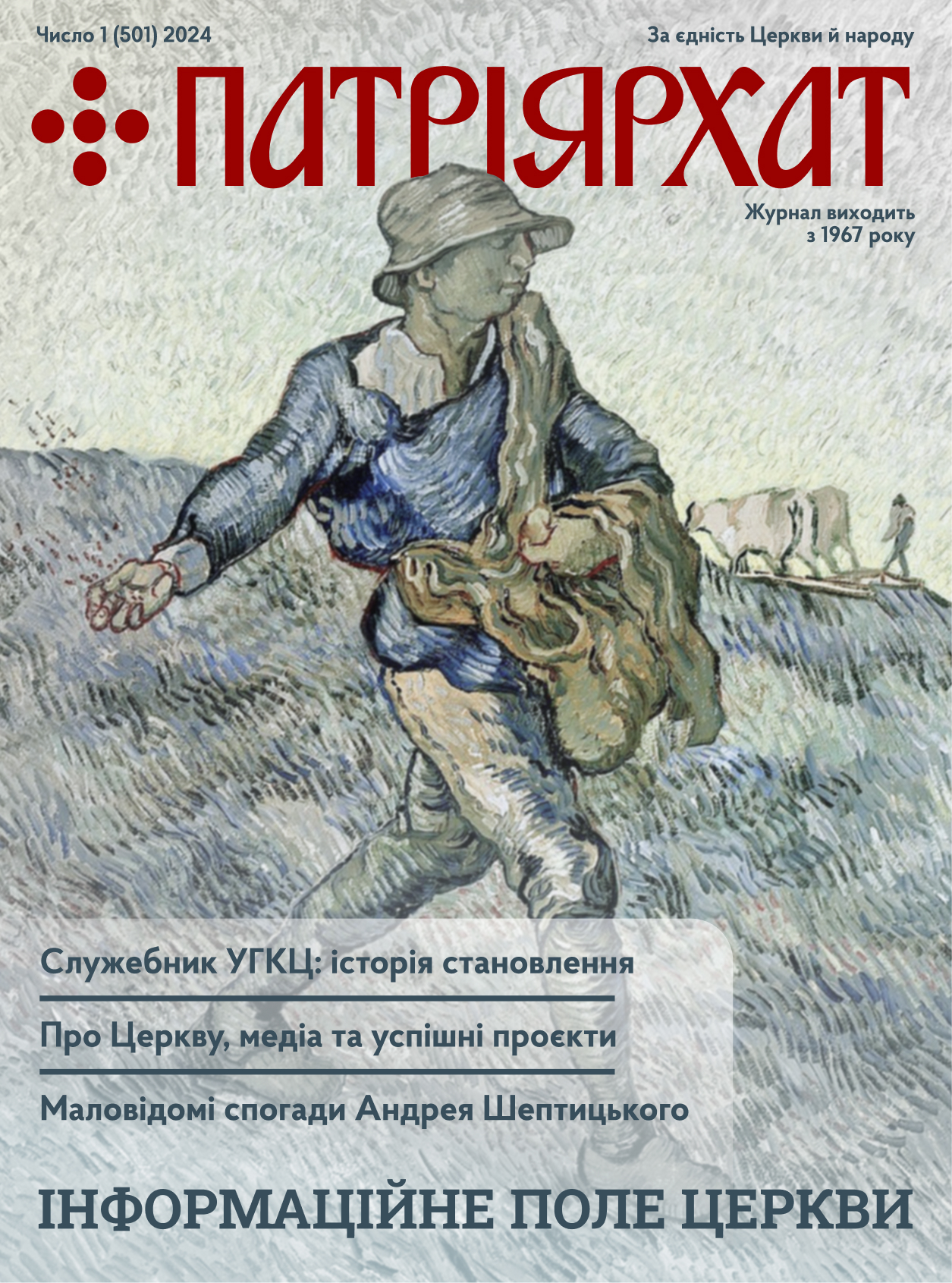Ever since His Beatitude Major Archbishop Cardinal Joseph Slipyj revitalized the historic quest for a patriarchate in the Ukrainian Catholic Church, Ukrainian Catholic faithful, both individuals and organizations, have sent countless petitions to the Holy Father with the request to grant their Church a patriarchal structure. Over the past eight years thousands of such petitions (letters, cards, and telegrams) have been poured into the Vatican in the attempt to stir the conscience of the Roman Pontiff and the Vatican policy makers. If one were to collect a representative sample of the messages sent (to collect them all would be quite impossible at this stage), and arrange them in a chronological order, one would probably be able to trace a certain development in them in regard to both style and content. Whereas the early messages were petitions in the true sense of the word, i.e. expressions of sincere filial devotions to the Holy Father intermingled with pleas to grant their Church a patriarchal structure as an act of special papal grace, the recent letters display a more mature and compelling (not to say militant) tone by demanding something that the faithful consider rightfully theirs. This development shows a growing awareness among Ukrainians everywhere of their rights as members of a particular church in Union with the Holy See as well as their increasing distrust to Vatican bureaucracy. Many of them feel that the Vatican is only too willing to sacrifice them and their Church for the sake of political expedience.
One might argue of course, that the thousands of letters sent to the Vatican have achieved nothing, and that the Curia is as adamant as ever when it comes to granting the Ukrainians their historic rights. Upon closer scrutiny, however, such an argument appears to be quite fallacious. To be sure, one cannot point to any specific change in the present Vatican policy toward the Ukrainian Catholic Church and assert that it has been brought about by the petitions. On the other hand, one cannot deny the moral impact of the messages, especially of those that have been released to the press. This is patriculalry true of the letter signed by several thousand Ukrainian Catholics in Australia (See Za Patriarchat….) and sent to Pope Paul VI at the occasion of the Fortieth Eucharistic Congress held in Melbourne during February of 1973. The Australian press commented widely on the letter and as a result pilgrims from all over the world once more became aware of the plight of the Ukrainian Catholic Church.
The most recent letter to the Pontiff, which is reprinted below, is an eloquent testimony of the fact that the Ukrainian laymen (particularly the Society for the Patriarchal System) have matured and learned much during their years of struggle. As indicated in the second paragraph of the letter, the Ukrainians have become aware of the power of the press. This letter to the Holy Father was originally intended for publication in II Tempo, Italy’s most widely read newspaper. Only their sense of tact and the hope that a turning point in Vatican policies may be immanent, deterred them from going through with their plans. In reading the letter it becomes clear, that it is neither a petition nor a statement of protest. This letter is a carefully worded, scholarly document on the status of the Ukrainian Catholic Church. It is written with a great sense of tact and restraint, but it does not mince words. It is well documented, lucid in both style and content and it reveals, without undue emotion, the whole tragedy of the Ukrainian Catholic Church. The document contrasts favorably with the various directives issued by the Vatican. Recent Vatican documents display a frightening deterioration of protocol and diplomatic tact. Their language is rude and unpolished, and it does not reflect the elegance and style of what was formerly known as the best diplomatic corps in the world.
The present letter to Pope Paul VI is a comprehensive document on the Ukrainian Catholic Church today, and as such it is an indictment of the Roman Catholic Church.
The future historian will find this document a highly revealing source in his studies of the Catholic Church in the twentieth century.

